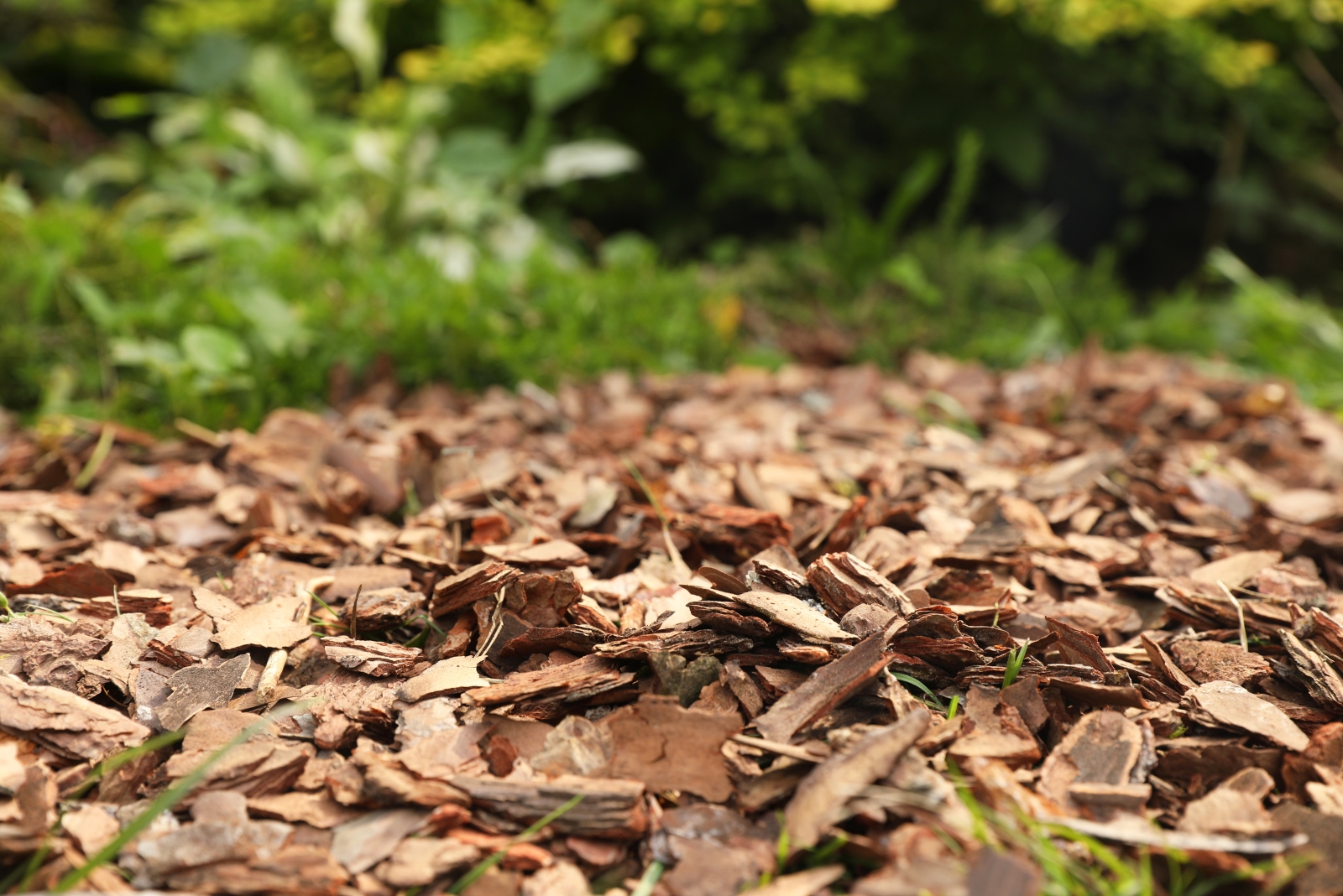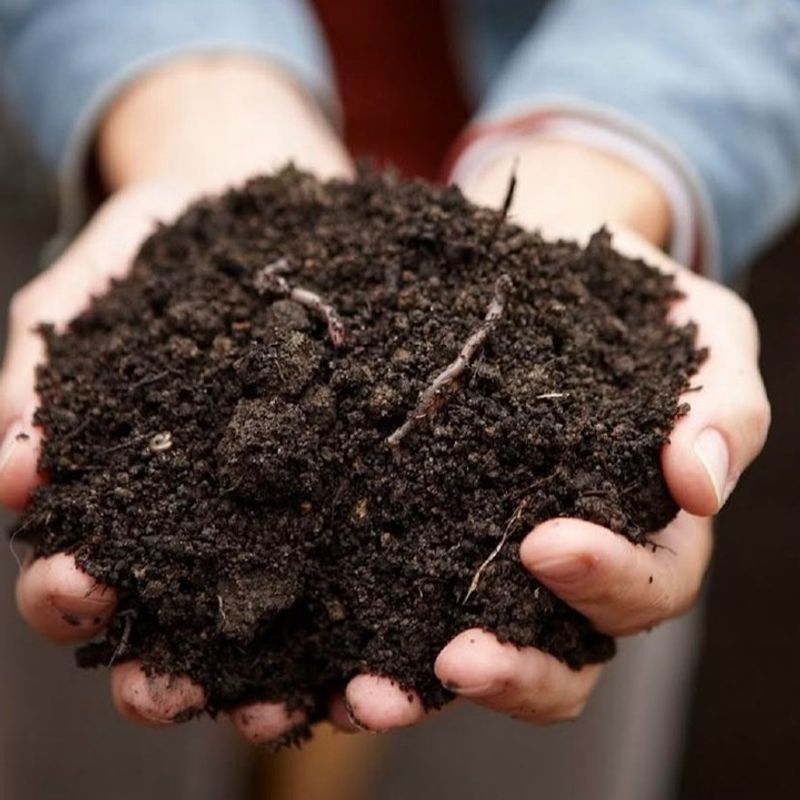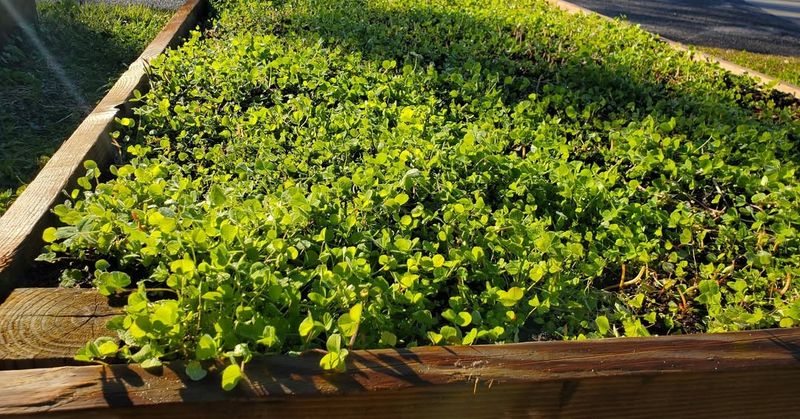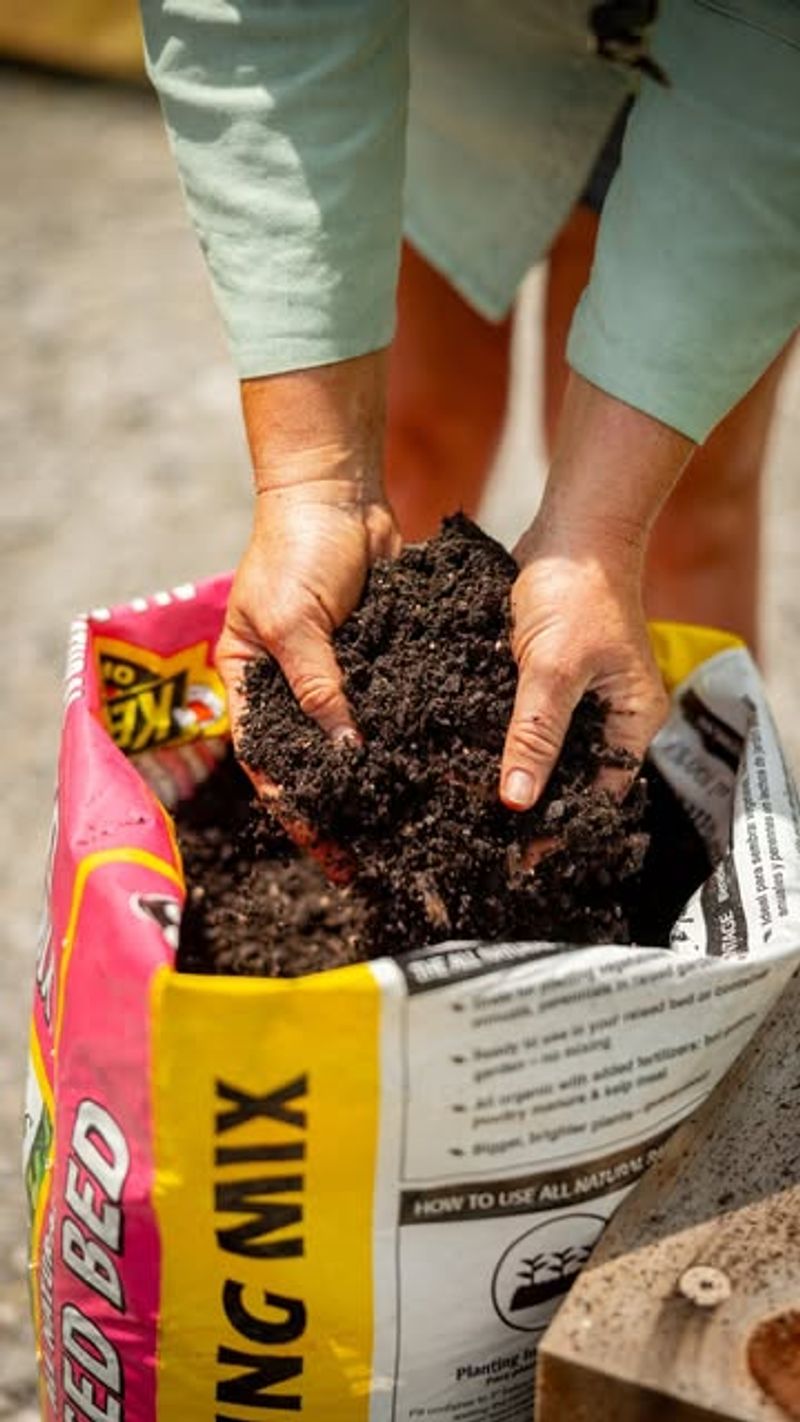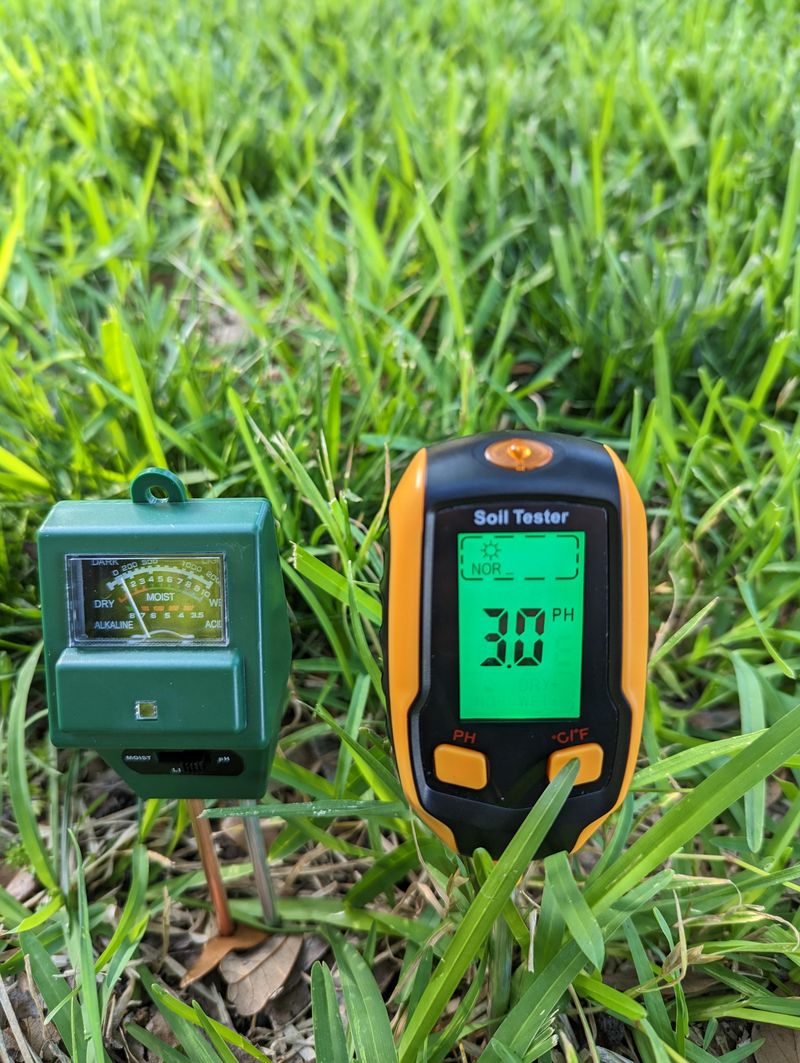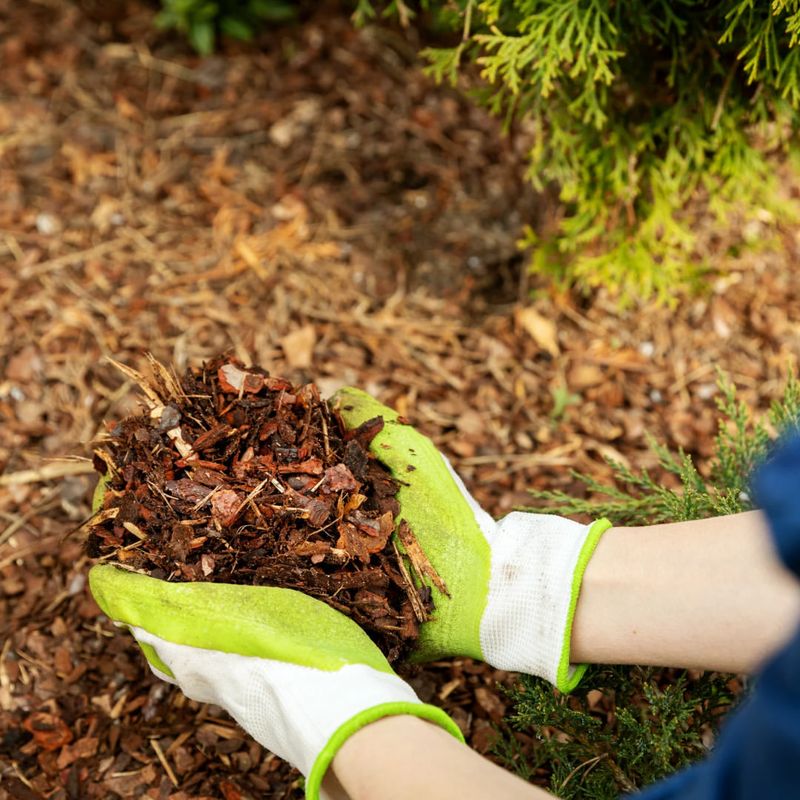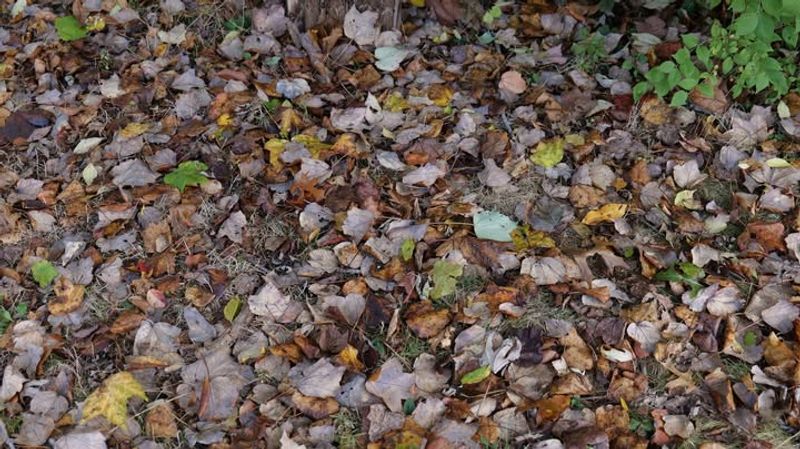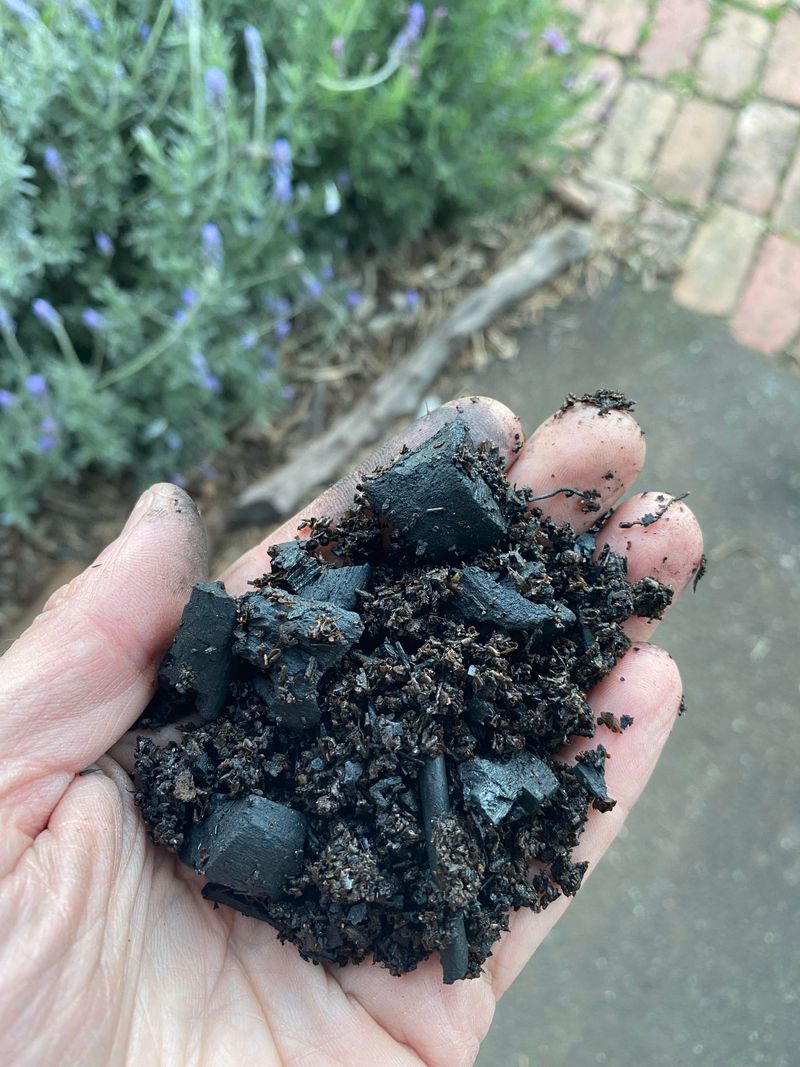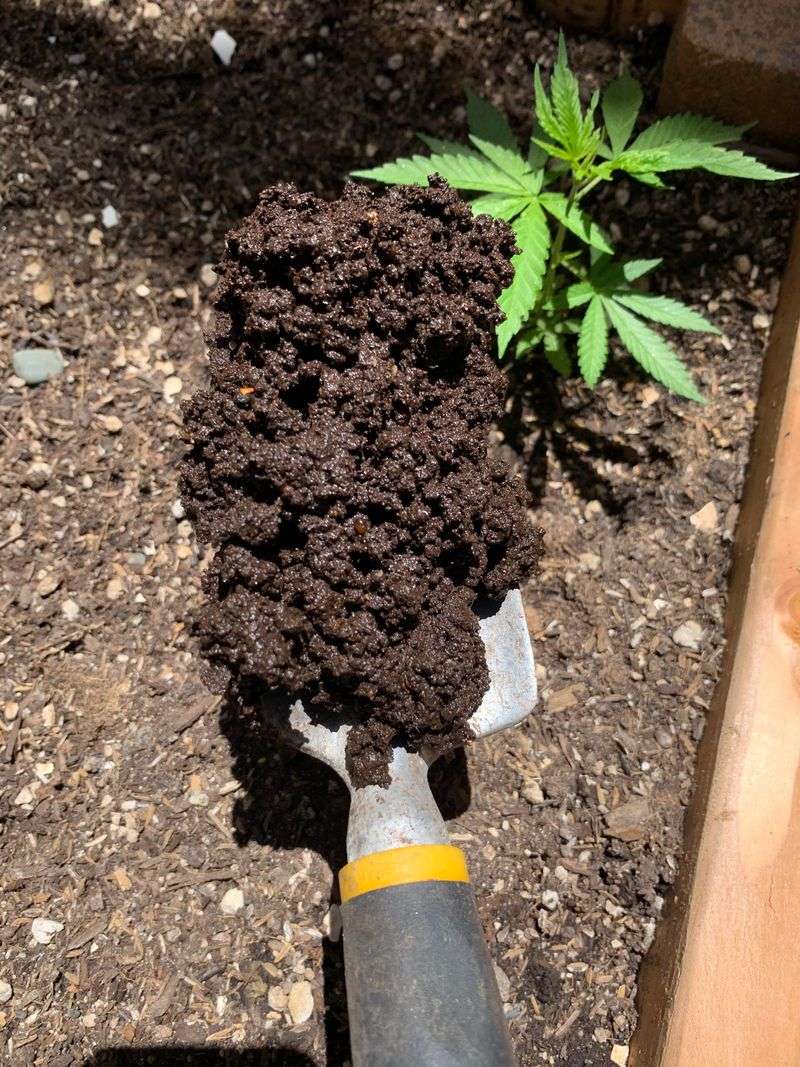November’s chill doesn’t mean your Oregon garden has to rest completely. I love using this time to give my soil a healthy boost before spring.
A few simple changes now can make a huge difference later. Your future plants will thank you for the extra care this season.
1. Add Organic Compost to Your Beds
Compost works like magic for tired garden soil. Spread a thick layer over your beds this November, and Oregon’s wet weather will help it break down naturally over winter.
Worms and beneficial microbes feast on the organic matter, turning it into nutrients your plants will love. You can use homemade compost or buy it from local garden centers around Oregon.
Your spring vegetables will thank you with bigger harvests and healthier growth.
2. Plant Cover Crops for Winter Protection
Cover crops like clover and winter rye do double duty in Oregon gardens. They protect bare soil from heavy November rains while their roots break up compacted earth underneath.
When spring arrives, simply cut them down and turn them into the soil as green manure. Farmers have used this trick for centuries because it really works.
Plus, cover crops prevent erosion on sloped Oregon properties during our rainy season.
3. Mix in Aged Manure
Manure from horses, chickens, or cows adds serious nutrients to garden soil. November gives it plenty of time to age and mellow before planting season in Oregon.
Fresh manure can burn plants, but aged stuff is gentle and effective. Many Oregon farms sell composted manure by the bag or truckload.
Work it into the top six inches of soil, and watch your garden transform into a nutrient powerhouse by springtime.
4. Test and Adjust Your Soil pH
Oregon soil tends to be acidic, which some plants love but others hate. Testing your pH in November gives you time to make adjustments before spring planting.
Pick up an inexpensive test kit from any garden store around Oregon. If your soil is too acidic, add lime; if it’s too alkaline, sulfur does the trick.
Most vegetables prefer a pH between 6.0 and 7.0 for optimal growth and nutrient absorption.
5. Layer on Mulch for Insulation
Mulch acts like a cozy blanket for your Oregon garden soil during cold November nights. Spread wood chips, straw, or shredded leaves several inches thick around plants and over bare spots.
This protective layer prevents erosion from heavy rains and keeps soil temperatures more stable. As mulch breaks down slowly, it adds organic matter back into the earth.
Oregon gardeners swear by this method for maintaining healthy, productive soil year-round.
6. Turn in Fallen Leaves
Those piles of fallen leaves aren’t just yard waste—they’re free soil improvement gold! Shred them with a mower and work them into your Oregon garden beds this November.
Leaves contain valuable nutrients and improve soil structure as they decompose. Oregon’s moist climate helps them break down faster than in drier regions.
By spring, they’ll have transformed into rich, crumbly humus that plants absolutely love for strong root development.
7. Add Biochar for Long-Term Benefits
Biochar might sound fancy, but it’s basically charcoal for your garden. Mix this black powder into Oregon soil, and it improves water retention while providing homes for beneficial microbes.
Unlike compost that breaks down quickly, biochar lasts for years in the ground. November application means it has all winter to integrate with your existing soil.
Many Oregon gardeners report better drainage in clay soils and improved moisture retention in sandy spots after using biochar.
8. Incorporate Worm Castings
Worm castings are nature’s perfect fertilizer, packed with nutrients in a form plants can easily absorb. Sprinkle these dark granules over your Oregon garden beds in November for slow-release feeding.
You can harvest castings from your own worm bin or purchase them locally. They improve soil structure while adding beneficial bacteria that help plants fight diseases.
Oregon’s mild winters mean soil microbes stay active, processing these castings into plant-available nutrients all season long.

